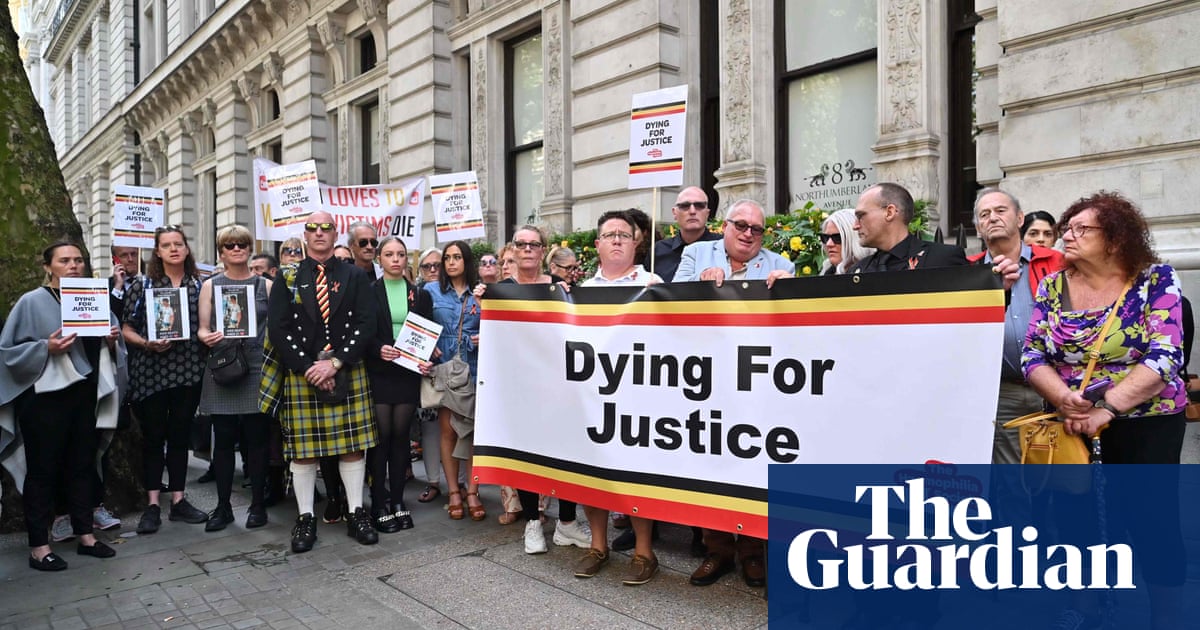
t was a week of carnage in Israel and Palestine, as Israeli airstrikes pounded Gaza and Hamas fired a near-continuous hail of rockets at Israel. More than 140 people died. But Israelis were more stunned – and horrified – to see towns inside the country erupt into violence between Jewish and Palestinian citizens.
Israel has known demonstrations and violent clashes with security forces. Wartime is especially tense; in 2000, the Israeli police killed 13 Israeli Arab citizens who were demonstrating at the start of the second intifada, a wound that has never healed. But since Israel’s founding, no one could recall waves of people attacking people, property and symbols, civilians on civilians, among Israeli citizens. The violence began on Tuesday and spread through towns around the country and it has not ended.
Tel Aviv was not a flashpoint for riots and on Friday took no more rocket fire. In a break from rocket attacks which resumed in force on Saturday, the city suddenly felt quiet on a spring day, but eerie. Last week, Israelis learned that beneath the sunny veneer lies the menace of ethnic conflict, but only after it crashed through the surface.
Some see the acts of destruction as symmetrical – Jewish and Arab mobs hunting each other down. In TV studios, journalists sought to quantify which group, Jews or Arabs, committed more violence. But the quest for symmetry or quantification is futile. What matters is to learn how it happened that citizens rose up against one another. For Jews and for Arabs, the answers are vastly different. Many Palestinian citizens of Israel have been swept up in demonstrations in recent weeks, around the events in Jerusalem that precipitated the latest Israeli-Palestinian escalation. They were expressing a long history of despair. These citizens often liken themselves to African Americans: they too have been excluded from the nation since its founding. The two groups share a long history of political, social and economic marginalisation that continues today. Among Palestinians in Israel, those conditions have contributed to severe problems of gangs and gun violence, with little redress from the state. The community has been under-policed internally or met with heavy-handed enforcement if crime – or demonstrations – spill out. The Covid-19 crisis hit both the health and economy of this community hard; gang warfare flourished and pushed casualties to a peak.
But the deterioration of the political status of Palestinians in Israel hangs heavily over social and economic problems. Over the last decade, Israel has passed laws targeting Palestinian citizens’ rights, culminating in the 2018 “nation state” law, elevating Jews to a superior status in Israel. Anti-Arab rhetoric from rightwing politicians has crossed the line to incitement. In a longstanding process, the state even attacks their homes, through lack of planning for Arab localities, making permits difficult to access, and then issuing demolition orders for construction without permits. From 2012 to 2014, 97% of home demolition orders were in Arab towns. Entire villages have been razed; a controversial 2017 law sought to increase the punishment for “illegal construction”. Many see this situation as an extension of Israel’s occupation, so when the eviction of Palestinian families from their East Jerusalem homes seemed imminent recently, it sparked solidarity protests around Israel. When an Arab man in Lod was shot dead by Jews on Tuesday after the rocket attacks had begun, demonstrations gave way to riots targeting people, synagogues and even a theatre and a restaurant in the northern city of Acre that had symbolised coexistence.
Ironically, Benjamin Netanyahu’s government poured money into Arab areas to improve infrastructure and social services. But money didn’t counter decades of what many experience as suppression of their legitimacy as Palestinians in Israel. Demonstrators are rebelling against powerlessness.
The Jewish rioters live in a different reality. Jews sit at the top of Israel’s social, political and economic hierarchy. The gangs still stalking Israeli towns shouting “death to Arabs” have tremendous power and want more. The party that represents their ideas is called Jewish Power. And power is available to them everywhere. Reports show Jewish rioters in Lod with police at their side as they threw stones – hardly any were apprehended. Jews from extremist settlements in the West Bank joined the riots in Lod.
Here, too, there are underlying trends. Israel’s rightwing parties have campaigned for far greater Jewish dominance in Israel. The nationalist right wing has led and legitimised rage against Arabs, leftwingers, migrants and the media. One of the most important but lesser-known campaigns of the right wing is a long-term assault on the legitimacy of the law itself. For a decade or so, leaders from the very top have been undermining the judiciary, including the supreme court, the state prosecutor, the attorney general and law enforcement itself. Tension with the supreme court has deep historic roots in Israel, but the relentless anti-judiciary campaign seems to have severed the ethos of compliance itself.
One of the Jewish vigilantes organising on Telegram, the encrypted messaging app, wrote to a journalist at the Israeli newspaper Haaretz: “I’m not interested in the law of the state, I go by the laws of the Torah from back then, 2,000 years ago. I’ll explain something: Arabs in Israel are taking over the state, they’ve lifted their heads too high.” His Telegram group laid out plans too graphic to reproduce here.
No cause or circumstance justifies vigilante violence. All attacks on civilians are a crime; defiling synagogues or mosques is atrocious. Perpetrators are personally responsible and must be held accountable.
The landscape looks grim, especially as sirens continue to scream. I have been asked if Jews and Arabs can live together again. We can, but the first step is to face the causes. Ideally, the next step is to heed WH Auden: “We must love one another or die.”











